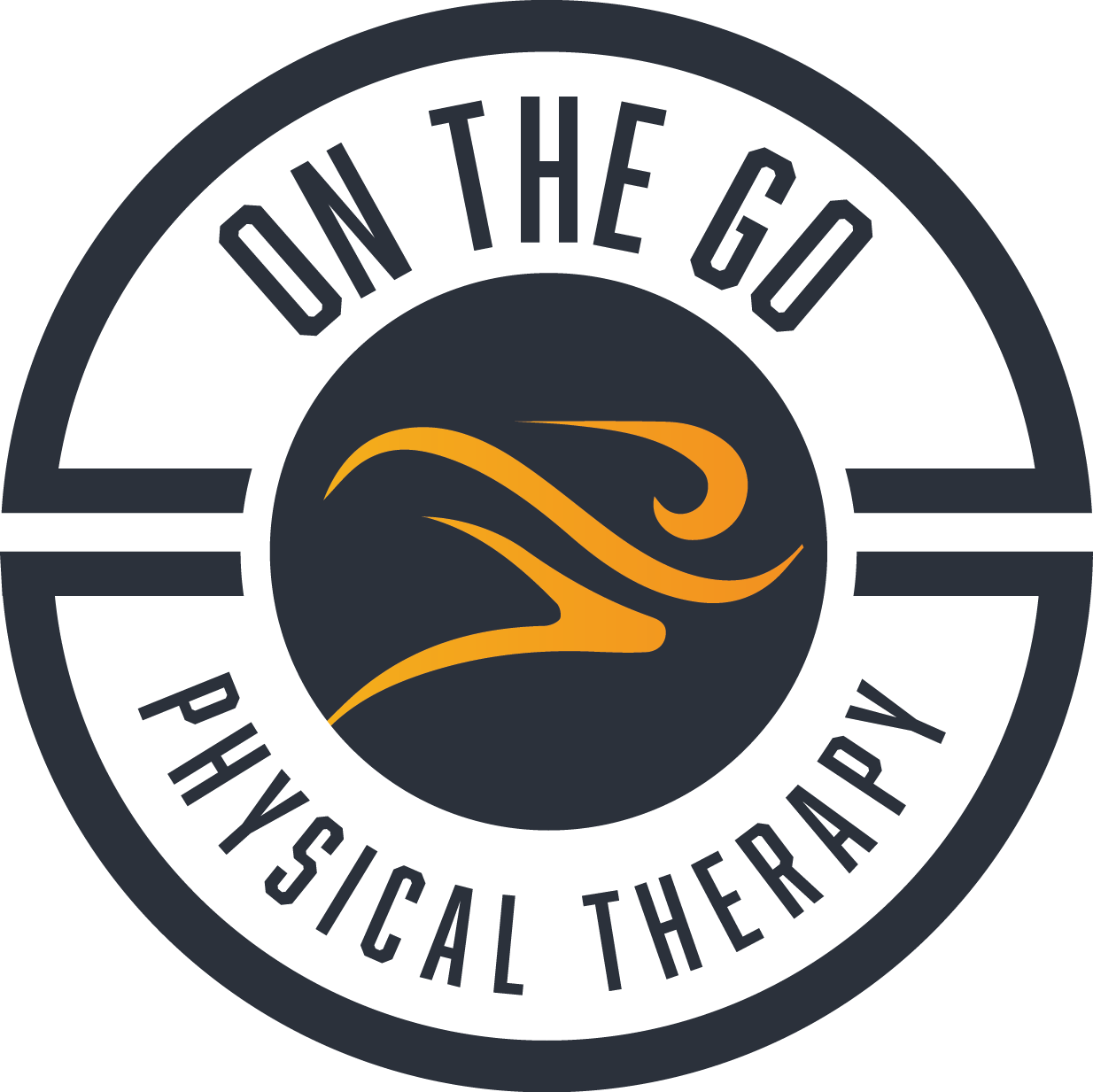Frequently Asked Questions
1. Do you have an office I can go to?
- Yes! The best part of On the Go PT is that we come to you, but if you prefer to visit an office, we have that available as well!
2. Do you accept insurance?
- We do not accept insurance, only self-pay clients. We are considered an out-of-network provider with all insurance companies. If you have out-of-network benefits with your health insurance, we will provide you with all the documentation necessary to turn into the health insurance company for reimbursement. Payment is due at service. Payments can include cash, credit card, or check.
3. How do I know if I have out-of-network benefits?
- Ask your health insurance company these questions: a. Do I have an out-of-network deductible? b. Have I met my deductible this year? If not, how much is left? c. Is there paperwork that must be filled out when submitting the out of network claims? If so, do you provide the paperwork? d. Do I need to be pre-certified for PT sessions in order to receive PT services.
4. Why should I pay cash for treatment when I have health insurance?
- In a time of high deductibles, you may actually save money by paying out of pocket. When you receive treatment in an outpatient clinic, you may still have to pay >$120 per session, and you will not receive the one-on-one care you receive from On the Go PT. With the improved care, on average you will require fewer sessions of physical therapy.
5. Can you see clients who have Medicare Part B?
- We can for wellness services. Unfortunately, due to government regulations, we can not currently perform physical therapy services for clients who are enrolled in Medicare Part B.
6. What hours are you available?
- Please call, text, email, Messenger me, or check the Schedule Here link.
7. Do I need a prescription from my doctor?
- No you do not. In Massachusetts you have direct access to physical therapy.
8. Do I need to injured or be in pain in order to receive your services?
- Absolutely not! We also specialize in wellness care and athletic event preparation, including massage, stretching, and joint mobilization.
9. What is dry needling?
- Dry Needling is a therapeutic treatment procedure that involves multiple advances of a filament needle into the muscle in the area of the body which produces pain and typically contains a trigger point
